
Each of the Democratic candidates would do a superior job to President Bush at stewarding the environment. But will they get the chance? Polls show that while Americans care deeply about the environment, it’s far below their top priorities: job creation and the economy. Democrats would be smart to talk about clean energy investments leading to good union jobs. Here’s an overview of candidate positions.
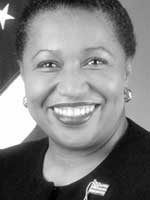 |
Carol Moseley Braun
Calling herself the “Ethanol Queen,” she has said that the “choice” between jobs and the environment is false. She has a solid environmental voting record in the Senate but has not made environmental issues a core part of her candidacy.
|
 |
Wesley Clark
He speaks eloquently about investing in environmental technology for job creation and patriotically describes his environmental leadership in the Army. But he has a thin public record on the environment.
|
 |
Howard Dean
Nicknamed L.L. Dean, as Vermont governor he worked to preserve 1 million acres from development, fought air pollution from power plants and closed more than 70 of the state’s leaky landfills. If elected president he plans to support the Renewable Portfolio Standard of 20 percent and plans to invest $100 billion in renewable energy. On the downside, he supports storing the nation’s nuclear waste at Yucca Mountain, Nevada, and talks about the environment separate from economic issues.
|
 |
John Edwards
He has been a leader in the fight against increased air pollution from the Bush administration’s rollback of the Clean Air Act, and his 20-year history as a class-action attorney makes him a passionate advocate for people suffering from lax environmental policies. Environmental issues, however, have not been at the center of his campaign.
|
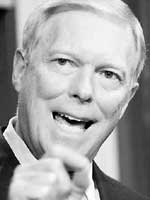 |
Dick Gephardt
He launched the Apollo Project—a $200 billion renewable energy investment program that will create millions of jobs. Gephardt passionately attacks the president’s environmental policies, and his deep contacts in the labor movement could earn environmental issues new fans.
|
 |
John Kerry
He is a longtime Senate environmental leader. He received the highest League of Conservation Voters Lifetime record (96 percent) of any of the major presidential candidates. He led the Senate effort against drilling in the Arctic National Wildlife Refuge and has a strong investment plan to transform the American car industry toward producing low-pollution cars. If elected he will promote a “Conservation covenant” that will put all royalties from natural resources taken from public lands back into the national park system. He attended the Earth Summit in Rio, where he met his wife. He does not, however, support the Cape Wind Project in Massachusetts because of beachfront-owning constituents.
|
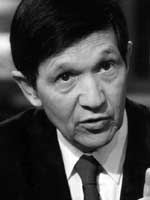 |
Dennis Kucinich
He is widely known for blocking an electric utility monopoly as the mayor of Cleveland, saving the city $200 million. He has been a steady environmental leader in the House of Representatives. He is a strong advocate for clean water and opposes privatization of public water systems. He supports a Global Green Deal to share renewable energy technology with every nation on the planet.
|
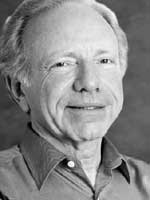 |
Joseph Lieberman
He is a dedicated environmental defender in the Senate and as the former attorney general for Connecticut has a long record of environmental advocacy. He is co-author of the McCain-Lieberman Climate Stewardship Act—the first major congressional vote on global warming in more than five years.
|
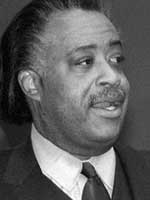 |
Al Sharpton
He advocates for investments to create jobs by building hybrid and electric vehicles, but his other environmental policy details are thin.
|
Adam Werbach is the executive director of the Common Assets Defense Fund and a member of the San Francisco Public Utilities Commission. He is a former president of the Sierra Club, a position to which he was elected at the age of 23.








